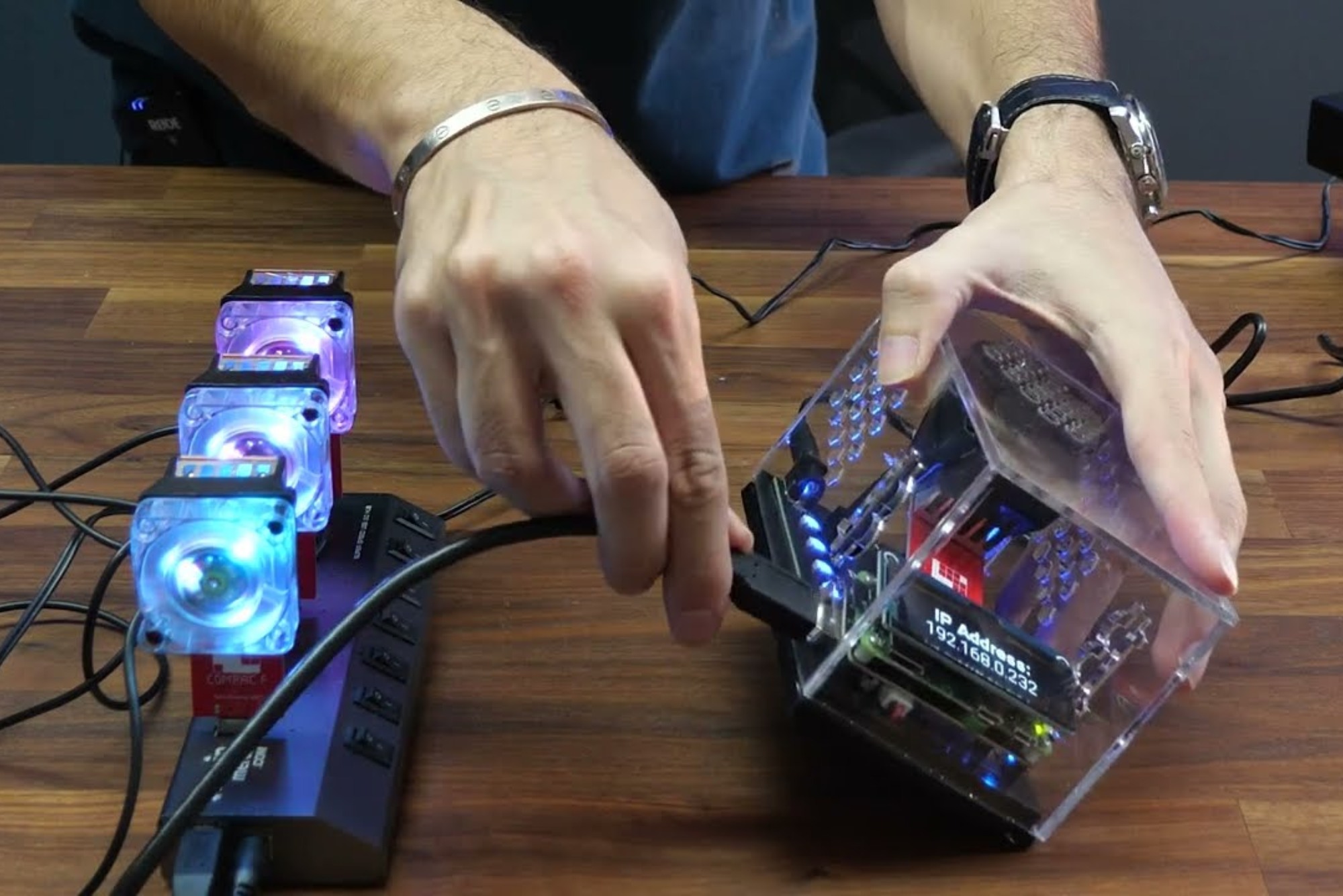Introduction
Creating your own cryptocurrency may sound complicated, but it’s more achievable today than ever before. With the right knowledge, tools, and guidance, anyone can design a digital currency that reflects their goals—whether for business innovation, community building, or simply exploring blockchain technology. This guide will walk you through everything you need to know about how to make a own cryptocurrency, even if you’re a beginner.
Understanding the Basics of Cryptocurrency
Before you start, it’s important to understand the basics of cryptocurrency. Cryptocurrencies are digital assets built on blockchain technology. They enable secure, transparent, and decentralized transactions. Unlike traditional money, no single authority controls them. Bitcoin and Ethereum are the most well-known examples, but thousands of custom coins now exist for various purposes—from gaming tokens to DeFi projects.
The key to success when learning how to make a own cryptocurrency lies in understanding what a blockchain does. A blockchain records every transaction across a distributed network of computers. Once verified, those records can’t be changed, ensuring security and trust.
Why Create Your Own Cryptocurrency?
People and companies create cryptocurrencies for several reasons. Some want to launch a new blockchain project, while others use them for private ecosystems or loyalty programs. A personal cryptocurrency can also support decentralized finance (DeFi), non-fungible tokens (NFTs), or gaming platforms.
Creating your own cryptocurrency can help:
-
Build an innovative brand identity.
-
Offer decentralized payment solutions.
-
Create a token-based community economy.
-
Attract investors and early adopters.
Guide to Making Your Own Cryptocurrency
If you’re wondering where to begin, this guide to how to make a own cryptocurrency will help you navigate the process.
Define Your Purpose and Vision
Every cryptocurrency starts with a goal. Why do you want to create it? Is it a new utility token, governance coin, or a means of payment? Clarifying your purpose will help you define its features, supply, and blockchain type.
Ask yourself:
-
What problem will my coin solve?
-
Who will use it?
-
How will it add value?
Your vision will guide every technical and strategic decision going forward.
Choose Between Creating a Coin or a Token
There’s a big difference between coins and tokens.
A coin operates on its own blockchain (like Bitcoin or Ethereum). Building a coin means developing and maintaining your own blockchain network.
A token, on the other hand, runs on an existing blockchain—most commonly Ethereum, Binance Smart Chain, or Solana. Tokens are easier and cheaper to create, making them ideal for beginners.
If you’re new, start with a token. Once you gain experience, you can build your own blockchain later.
Select the Right Blockchain Platform
The blockchain platform you choose determines your project’s flexibility, cost, and performance. Popular platforms for token creation include:
-
Ethereum: The most established option with smart contract functionality.
-
Binance Smart Chain (BSC): Lower transaction fees and fast speeds.
-
Polygon: A scalable layer-2 Ethereum solution.
-
Solana: High-speed, low-cost transactions.
Choose one that matches your technical ability and project goals. Ethereum remains a top pick due to its large developer community and reliable ecosystem.
Design Your Tokenomics
Tokenomics defines how your cryptocurrency works economically. It includes supply, distribution, and incentives. Well-structured tokenomics attract investors and ensure long-term stability.
Key factors include:
-
Total Supply: How many coins will ever exist.
-
Distribution Model: How tokens are released—via mining, staking, or sales.
-
Utility: What people can use your token for.
-
Governance: Whether holders can vote on project changes.
Thoughtful tokenomics can make or break your cryptocurrency project.
Develop the Cryptocurrency
At this stage, it’s time to create the technical foundation. If you’re using an existing blockchain, you’ll deploy a smart contract—a piece of code that defines your token’s behavior. For example, Ethereum uses ERC-20 or ERC-721 standards.
If you’re developing your own blockchain, you’ll need developers with experience in languages like C++, Python, or Solidity. Open-source blockchain frameworks such as Hyperledger, Cosmos SDK, and Substrate can simplify the process.
Make sure your code undergoes security audits before launching. Any vulnerability could result in hacks or loss of investor trust.
Create a User-Friendly Wallet
Your users will need a secure way to store and manage their coins. You can integrate with existing wallets like MetaMask or develop a custom one. Focus on security, simplicity, and accessibility. Multi-device support and private key protection are must-have features.
Build a Community Around Your Cryptocurrency
A strong community drives adoption. Use platforms like Discord, Telegram, X (formerly Twitter), and Reddit to engage early supporters. Regular updates, AMAs, and transparency will strengthen trust and credibility.
Offer incentives for participation, such as staking rewards, early airdrops, or ambassador programs.
List Your Cryptocurrency on Exchanges
Once your cryptocurrency is functional and secure, list it on exchanges. Start with decentralized exchanges (DEXs) like Uniswap or PancakeSwap. After gaining traction, apply for centralized exchanges like Binance or Coinbase.
Exchange listings bring liquidity and visibility. Make sure your documentation, audits, and whitepaper meet the exchange requirements.
Stay Compliant With Regulations
Cryptocurrency regulations vary by country. Stay informed about legal obligations such as KYC (Know Your Customer) and AML (Anti-Money Laundering) requirements. Consult a blockchain lawyer to ensure compliance. A transparent legal framework builds investor confidence.
Maintain and Improve Your Project
Once launched, your cryptocurrency will need continuous updates. Listen to user feedback, upgrade your protocol, and keep security patches current. A stagnant project loses momentum, while consistent development attracts long-term supporters.
Technical Tools You Might Need
To simplify your journey, several tools and frameworks can help you manage the creation process:
-
Truffle or Hardhat: For Ethereum smart contract deployment.
-
Remix IDE: A browser-based environment for Solidity coding.
-
Ganache: For local blockchain testing.
-
MetaMask: To interact with your token.
-
CoinGecko API: For tracking and analytics.
These resources can accelerate development and testing while maintaining quality and security.
Common Mistakes Beginners Should Avoid
New creators often rush the process. Avoid these common errors:
-
Ignoring security audits: One small bug can destroy your project.
-
Unclear tokenomics: Poor economics lead to inflation or loss of interest.
-
Skipping community engagement: Without supporters, even great projects fade.
-
Lack of transparency: Users lose trust if details are hidden.
Treat your cryptocurrency like a long-term business, not a quick profit venture.
How Much Does It Cost to Create a Cryptocurrency?
Costs vary widely depending on your goals.
Creating a basic token on Ethereum or Binance Smart Chain can cost between $100 to $2,000. Developing a new blockchain can exceed $50,000, depending on customization and features.
Other expenses include marketing, security audits, exchange listings, and legal compliance.
Future of Cryptocurrency Creation
As blockchain technology evolves, creating new cryptocurrencies will become easier and more accessible. Platforms like Avalanche and Polkadot are already simplifying multi-chain token creation. AI-driven smart contracts and decentralized governance models will make the process more user-friendly and transparent.
By learning cryptocurrency basics through reliable sources like AboutRoyal, you can stay ahead of industry changes.
FAQs
How long does it take to create a cryptocurrency?
Creating a simple token can take a few hours. A fully developed blockchain project may take several months.
Do I need coding skills to make my own cryptocurrency?
Not necessarily. Platforms like TokenMint and CoinTool allow you to create tokens without coding. However, understanding blockchain development helps immensely.
Is creating a cryptocurrency legal?
Yes, but regulations vary by country. Always check your local laws and ensure compliance before launch.
Can I make money by creating a cryptocurrency?
Yes, but success depends on real utility, strong community support, and transparent management. Avoid focusing only on profit.
What is the best blockchain to create a cryptocurrency?
For beginners, Ethereum or Binance Smart Chain are the most accessible and well-supported options.
Creating your own cryptocurrency is no longer reserved for tech experts. With the right tools and knowledge, you can design, launch, and grow a digital currency that reflects your purpose. Whether you want to build a community, innovate in DeFi, or explore blockchain, this step-by-step guide will help you take the first confident step.




